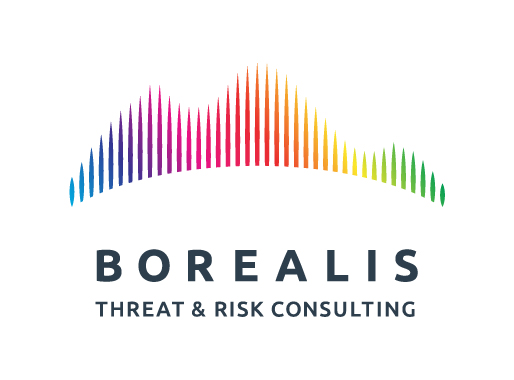On May 22, 2017 an Islamist terrorist named Salman Abedi detonated a shrapnel-filled bomb outside an arena in Manchester, UK just as an Ariana Grande concert was ending. The blast took the terrorist’s life as well as that of 23 innocent people, mostly children: more than 1,000 were injured in the blast.
While Abedi was known to UK security forces – the British equivalent of CSIS, MI5, has more than 20,000 terrorists on its watch list – he was not stopped before he could carry out his heinous attack. Those of us who worked in security intelligence accept that we are only as good as our last failure.
But Abedi could have been stopped.
A subsequent inquiry learned that a security guard at the venue named Kyle Lawler had a “bad feeling” about Abedi but did not approach him for fear of being branded a racist. Lawler told the inquiry “I felt unsure about what to do. It’s very difficult to define a terrorist. For all I knew he might well be an innocent Asian male. I did not want people to think I am stereotyping him because of his race. I was scared of being wrong and being branded a racist if I got it wrong and would have got into trouble. It made me hesitant. I wanted to get it right and not mess it up by over-reacting or judging someone by their race.”
Lawler’s concern over his future reputation led, at least in part, to the horrific deaths of 23 UK citizens.
This is what allegations of ‘systemic racism’ in our security intelligence and law enforcement agencies can lead to: a reluctance to act for fear of accusations of inherent bias. There are already anecdotal accounts of US law enforcement officers deciding not to investigate individuals, despite reasonable grounds to believe there may be illegal activity, because they expect the inevitable accusations that their actions are racially motivated.
It is not hard to imagine how this affects morale of those working in these institutions. The blow to reputations is only enhanced when their own leadership kowtows to the ‘accepted wisdom’ that their agencies are infested with racists, misogynists and other evildoers. I have heard from many former colleagues that it is becoming increasingly more difficult to do their jobs when one is constantly checking one’s back to see whether someone is ready to pounce with unfounded allegations.
Does racism exist? Absolutely! Does it exist in our security intelligence and law enforcement protectors? Probably as these bodies are made up of Canadians from all walks of life and racism can occur anywhere (even among those accusing others of the ‘systemic’ variety). This does not entail that every spy and cop is also racist. Those who are truly racist/misogynist/etc. should be disciplined and, where necessary, dismissed. It is not helpful to paint everyone with the same brush.
It is actually ironic that those who level such charges seem to be oblivious to the fact that they are engaged in the same practice used by actual racists: all blacks are ____; all Muslims are ____. Do they not see this? It is a strategy bound to fail and they should rethink how they go about drawing attention to the very real problems in our society. What do we gain from saying “All cops are ____?”
If you think this argument is specious or empty and that I am exaggerating the threat to our safety engendered by accusations of systemic racism among our security organisations please talk to the parents of the kids killed in Manchester. Go on, I’ll wait to hear back from you.
Phil Gurski worked for CSE and CSIS for 32 years. His latest book is The Peaceable Kingdom: A history of terrorism in Canada from Confederation to the present.


4 replies on “Fear of being called ‘systemically racist’ got 23 people killed”
Well written! Thank you Phil.
Thanks Tova!
You are spot on Phil.
What is required is that the individual does his/her job based on the situation at hand. Good grief one can’t substitute this by constantly having to looking over one’s shoulder. Stand up and just do what is supposed to be done. And, if that can’t be done then you best move onto another profession – career.
Thanks Dick! I appreciate the support.